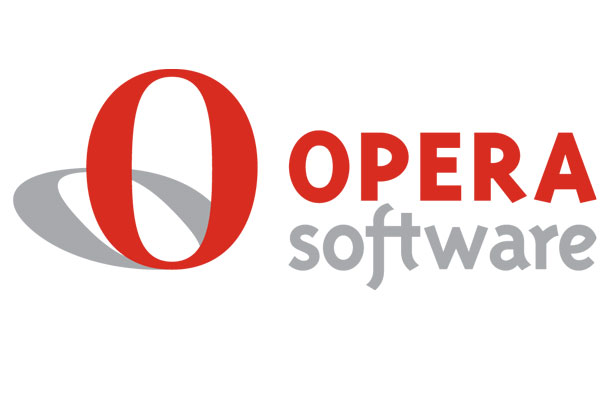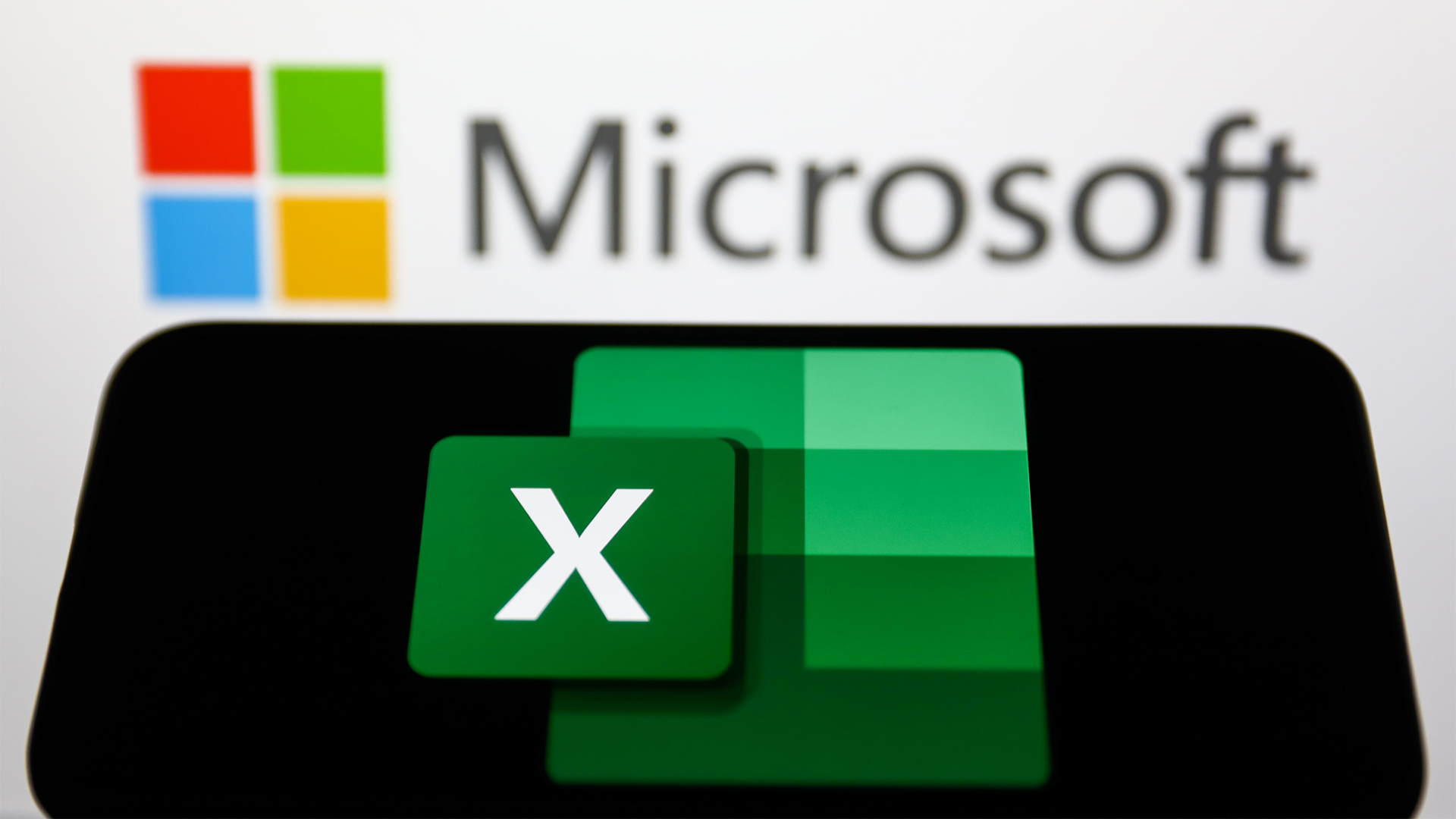Opera 10 beta review
Opera was a real innovator in the browser space, but its desktop offering is something of the forgotten man in the industry. We take a look at the beta of its latest release.

A fast, solid browser, but there's no compelling reason to pick Opera over its rivals.

Tabbed browsing, plug-ins, rendering speed. Others such as Firefox and Safari may now crow loud about these but Opera had them first. Indeed for years it was the definitive browser for the clued-in geek, and now is forced to jostle for attention alongside fast, flashy upstarts such as Chrome. Can the new public beta of Opera 10 see off the newcomers?
The fightback starts with a redesigned front-end: the drab toolbar of Opera 9 has been replaced by a bolder design, with clearly delineated buttons bearing revamped icons. It does look more inviting, but functionally it's near-identical and, truth be told, it now looks a little like Safari.
Thankfully, Opera keeps its tabs within the main window, which we think is more usable than the non-standard way Safari carves up the title bar. You can also now drag the search field to resize it, although this feels like cosmetic tinkering rather than a functional improvement.
In fact, the big new interface feature is wholly invisible when you start Opera 10. To find it, you need to drag the toolbar downwards; that's not an intuitive operation, but when you try it you'll be delighted to see your web page tabs grow into thumbnails of the pages themselves.
Sadly, no matter where you've scrolled to, the previews show only the top of the page you're viewing - or sometimes, a section further down the page if something about the layout confuses them. Either way, they all too often don't resemble the pages they represent.
As a final interface enhancement, you can also now customise the Speed Dial grid. Where Opera 9 always showed a grid of nine page previews, the new beta will accommodate anything from four to 25 pages. The latest beta of Safari has a similar option, so it's good to see Opera catch up so quickly.
Sign up today and you will receive a free copy of our Future Focus 2025 report - the leading guidance on AI, cybersecurity and other IT challenges as per 700+ senior executives
Darien began his IT career in the 1990s as a systems engineer, later becoming an IT project manager. His formative experiences included upgrading a major multinational from token-ring networking to Ethernet, and migrating a travelling sales force from Windows 3.1 to Windows 95.
He subsequently spent some years acting as a one-man IT department for a small publishing company, before moving into journalism himself. He is now a regular contributor to IT Pro, specialising in networking and security, and serves as associate editor of PC Pro magazine with particular responsibility for business reviews and features.
You can email Darien at darien@pcpro.co.uk, or follow him on Twitter at @dariengs.
-
 Trump's AI executive order could leave US in a 'regulatory vacuum'
Trump's AI executive order could leave US in a 'regulatory vacuum'News Citing a "patchwork of 50 different regulatory regimes" and "ideological bias", President Trump wants rules to be set at a federal level
By Emma Woollacott Published
-
 Microsoft Excel is still alive and kicking at 40 – and it's surging in popularity as 82% of finance professionals report ‘emotional attachment’ to the spreadsheet software
Microsoft Excel is still alive and kicking at 40 – and it's surging in popularity as 82% of finance professionals report ‘emotional attachment’ to the spreadsheet softwareNews A recent survey found Gen Z and Millennial finance professionals have a strong “emotional attachment” to Microsoft Excel
By Emma Woollacott Published
-
 LastPass hit with ICO fine after 2022 data breach exposed 1.6 million users – here’s how the incident unfolded
LastPass hit with ICO fine after 2022 data breach exposed 1.6 million users – here’s how the incident unfoldedNews The impact of the LastPass breach was felt by customers as late as December 2024
By Emma Woollacott Published
